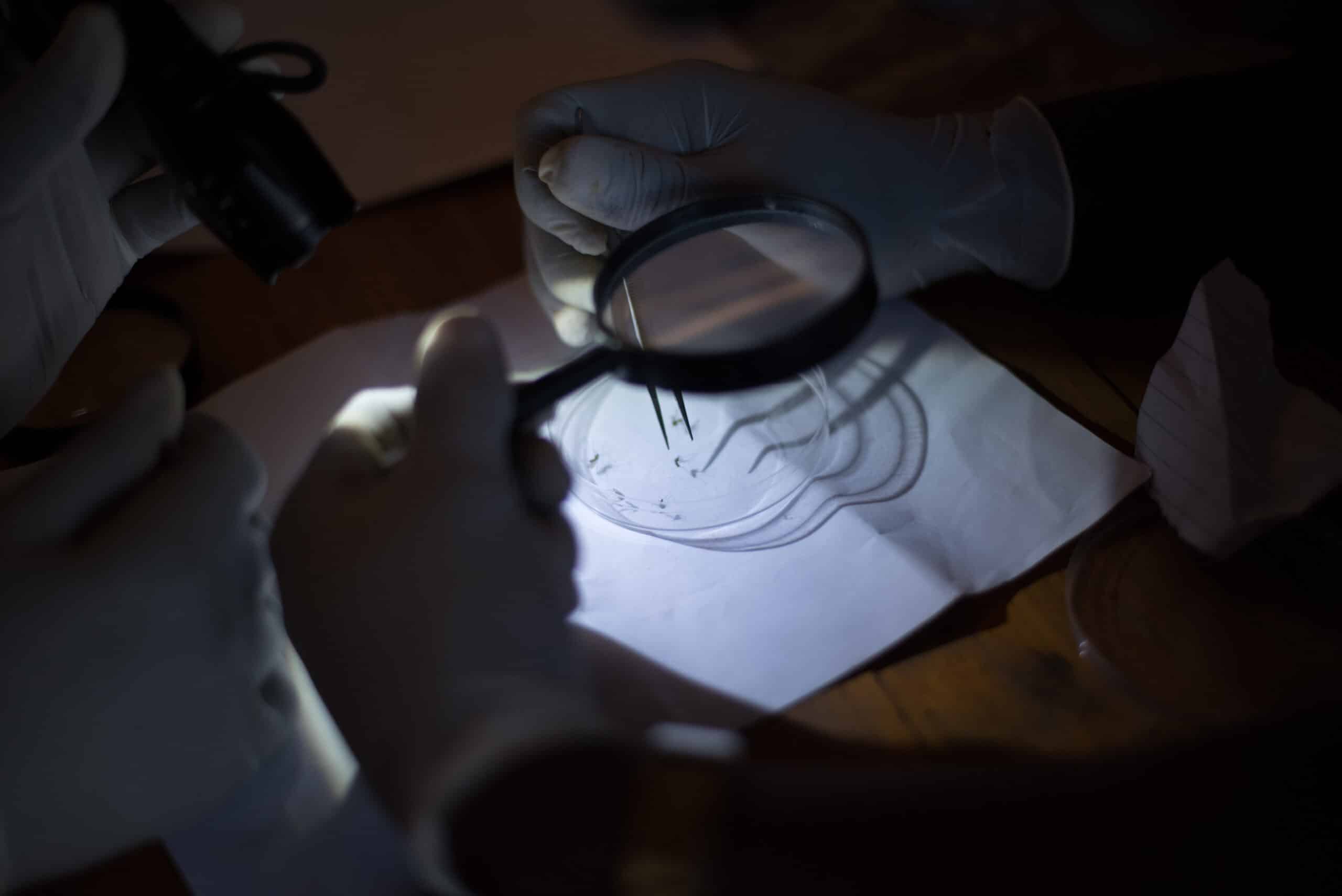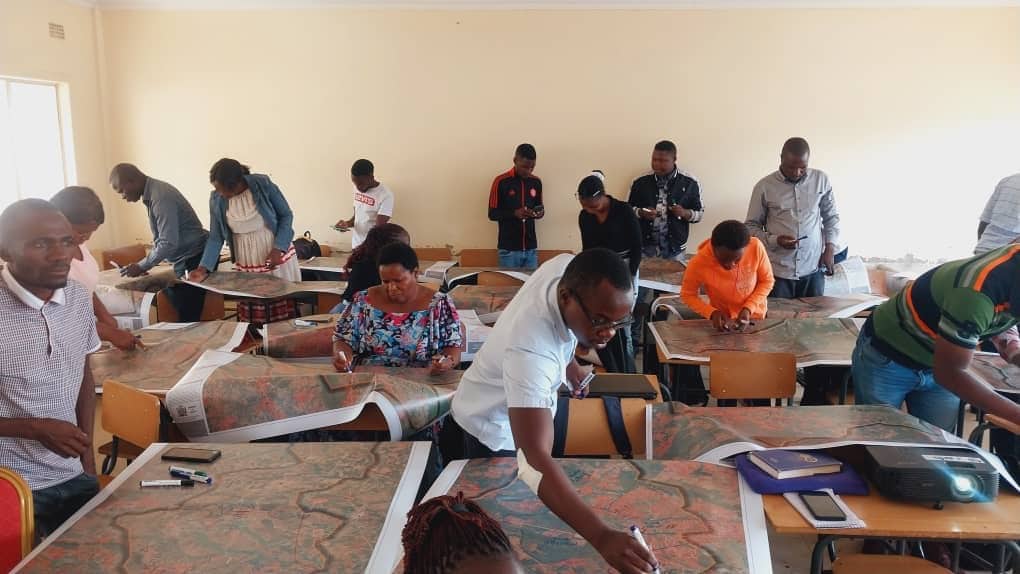“Global health aid saves lives. And when that aid is withdrawn — abruptly and without a plan — lives are lost.”
— Bill Gates, U.S. Senate Appropriations, June 2025
In 2025, global malaria control is under threat. Major funding gaps — from both U.S. sources and the Global Fund — are putting proven interventions at risk across Africa. Bed nets aren’t arriving. Treatments are delayed. Prevention campaigns are stalling.
If left unaddressed, these disruptions could result in over 100,000 additional malaria deaths this year alone.
Bridge the Gap (BTG) ensures countries don’t face this crisis alone. We work alongside national malaria programs to make strategic, data-informed decisions — and step in with rapid, targeted support to close critical financing gaps in prevention, treatment, and case management.


Bridge the Gap (BTG) ensures countries don’t face this crisis alone. We work alongside national malaria programs to make strategic, data-informed decisions — and work with national programs to identify sustained funding through private and public partnerships to close critical financing gaps in prevention, treatment, and case management.
BTG’s executive leadership includes former USAID President’s Malaria Initiative (PMI) members from both the U.S. and across Africa — bringing deep experience in malaria strategy, implementation, and policy. Our distinguished board is composed of national government leaders, implementation partners, donors and former USAID staff who understand the importance of supporting countries to identify new strategies to sustain the malaria fight.
BTG currently works alongside malaria programs in Ethiopia, the Democratic Republic of Congo (DRC), Ghana, Nigeria and Zambia. These five countries collectively represent nearly half of Africa’s malaria cases, highlighting their critical role in the continent’s malaria burden.
Nigeria
- 25.9% of malaria cases in Africa
- PMI’s planned support was expected to avert 2.85 million cases in 2025 across PMI-focus states in Nigeria
- Nigeria stands out as the single largest national contributor to lives potentially lost from a PMI funding gap in Africa. The combined effect of reduced access to vector control, treatment, and chemoprevention would place millions of children and adults at increased risk, reversing substantial gains in malaria control.
DRC
- 12.6% of malaria cases in Africa
- PMI’s planned support was expected to avert 1.26 million malaria cases in 2025 across PMI-supported areas in DRC
- DRC ranks among the top three countries most affected by PMI withdrawal in 2025, alongside Nigeria and Burundi. The combination of high malaria burden, large population, and PMI’s critical role in procurement and distribution means even a partial funding gap would have catastrophic health consequences—costing thousands of lives and over a million preventable infections.
Ethiopia
- 3.6% of malaria cases in Africa
- PMI’s planned support was expected to avert 190,000 malaria cases in 2025 across PMI-supported areas in Ethiopia
- Ethiopia has a lower overall malaria burden compared to countries like Nigeria and DRC, but the risk of disease resurgence remains. A gap in funding could undermine years of progress.
Zambia
- 1.4% of malaria cases in Africa
- PMI’s planned support was expected to avert 298,000 malaria cases in 2025 across PMI-supported areas in Zambia
- Zambia remains a high-burden country for malaria, and the absence of PMI support in 2025 would jeopardize significant progress, particularly in ACT availability and vector control. With 3,300 lives on the line and nearly 300,000 cases preventable, sustained PMI engagement is critical for the continuity of Zambia’s national malaria response.
Ghana
- 2.5% of malaria cases in Africa
- PMI’s planned support was expected to avert 248,000 malaria cases in 2025 across PMI-supported areas in Ghana
- Ghana is moderately affected in absolute numbers but remains highly reliant on PMI for malaria case management. The loss of nearly 600 lives and a quarter-million preventable infections highlights the fragility of malaria gains if international support wanes.
01
Africa-Led
We are led by African experts and national malaria program staff who know what works — and what’s at stake. BTG exists to amplify their voices and priorities, not replace them.
02
Shifting the Model
This funding crisis should spark—not stall—momentum for financing innovation. It’s time to move beyond fragile aid cycles toward bold, sustainable, and locally driven models that can weather global shocks and deliver lasting impact.
03
Impact-Driven
We prioritize measurable outcomes: reduced cases, lives saved, and sustained delivery of essential interventions.
04
Efficiency-First
We support smarter spending — helping countries stretch every dollar through data-informed decisions and targeted technical support.
05
Speed with Integrity
When USAID issued Stop Work Orders, we moved fast. Our in-country teams began working directly with NMCPs to address urgent funding gaps and operational breakdowns. As service disruptions emerge, BTG responds in real time — side by side with national programs — with agility, trust, and accountability.
06
Partnership-Rooted
Our team and board bring decades of trust-based collaboration with PMI, the Global Fund, Roll Back Malaria, implementing partners, and African governments. BTG works side by side with NMCPs to bring global guidance to life.